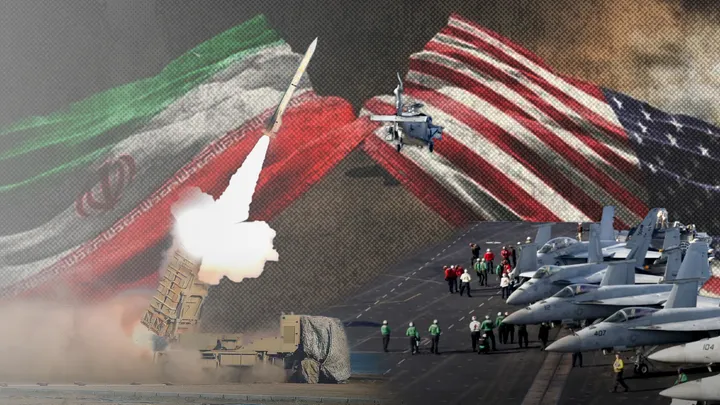Defence deals, especially those seen as suspect, have been the bane of Indian political parties. The latest to have fallen prey to suspicion is the nearly $9 billion deal for the purchase of the French Rafale fighter aircraft manufactured by Dassault.
For India’s federal government led by the Bharatiya Janata Party (Indian Peoples’ Party) and its leader, Prime Minister Narendra Modi, the controversy over the purchase could not have come at a worse time.
State elections are on the horizon over the next few months and the crucial general election in 2019 will determine the fate of Modi and the ruling BJP.
The opposition Congress party, which has been looking for an issue to nail the ruling BJP with—has been gifted an opportunity by former French president Francois Hollande. Congress now has a chance to target Modi and expose any government’s missteps in front of the electorate.
Congress leader Rahul Gandhi—long belittled by ruling party supporters as a lightweight with no leadership ability and as the privileged prince of India’s erstwhile long-governing Nehru-Gandhi family—now seems to have potent ammunition with which to go for the kill.
The art of the deal
The Rafale deal was the outcome of India’s search for a state-of-the-art fighter aircraft to replace its aging fleet.
In 2012, the previous Indian coalition government (United Progressive Alliance) led by the Congress party signed a deal with the French company Dassault for the purchase of 126 Rafale fighter aircraft.
In 2016, the present Narendra Modi government all but substituted that deal with another agreement for the outright purchase of 36 Rafale fighter aircraft.
What has caused the controversy is that under the new agreement, termed the offset clause, 50 percent of the money would have to be reinvested in India in various ways - to ensure local manufacture of parts, technology transfer etc.
This agreement made clear that Dassault would work with an Indian conglomerate Reliance Group, owned in part by industrialist Anil Ambani, perceived to be close to the federal BJP government. A joint venture company was set up for the purpose called Dassault Reliance Aerospace Limited.
Now, the issue was that this joint venture replaced an Indian public sector company, the Hindustan Aeronautics Limited (HAL), which was meant to be the local partner to Dassault in the original agreement signed in 2012.
The nub of the issue is that a publicly funded aeronautical company with experience in this area was replaced by a private company with no experience in aeronautics.
According to some reports, the Reliance aerospace arm was founded just a few days before the second deal was signed.
The other key issue with the deal is that the cost of the aircraft has shot up to three times the original cost, say reports quoting the opposition Congress party.
A report in the New Delhi-based Caravan magazine says that the Congress has alleged that for 126 aircraft the cost was $10.2 billion while the second agreement for only 36 aircraft takes the cost to $8.7 billion.
Quoting a secrecy clause in the agreement, the Modi government has refused to release the exact details of the deal. Critics of the government assert that the secrecy only covers operational and technical details and that the federal government is using this as an excuse to keep silent.
The Modi government says it had nothing to do with the choice of the Reliance group as the partner of Dassault and it was a commercial decision between two private players. Former French president Francois Hollande who signed the Rafale deal dropped a bombshell last week saying that the Indian government had insisted on Reliance as the partner with Dassault.
The current French government of Emmanuel Macron and the Dassault company have attempted to deny or distance themselves from Hollande’s remarks but the damage seems to already have been done.
The Modi government has however vigorously defended the deal and has denied any wrongdoing or favouritism. But the Indian opposition, smelling blood, is not giving in so easily.
India has had a long history of dubious defence deals. The one that is often quoted, at least until now, is the Bofors scandal that all but ensured the defeat of the Congress party in 1989. That was a deal to buy the 155 mm Swedish Howitzer guns in which kickbacks were allegedly paid to the Congress party.
Though it has never been conclusively established in a court of law, the huge damage caused to the party cost it power and more importantly, credibility.
Unless the present Modi government is able to convince India’s common people that it is above board in the Rafale deal, the going will be tough in the run up to the general elections next year.























